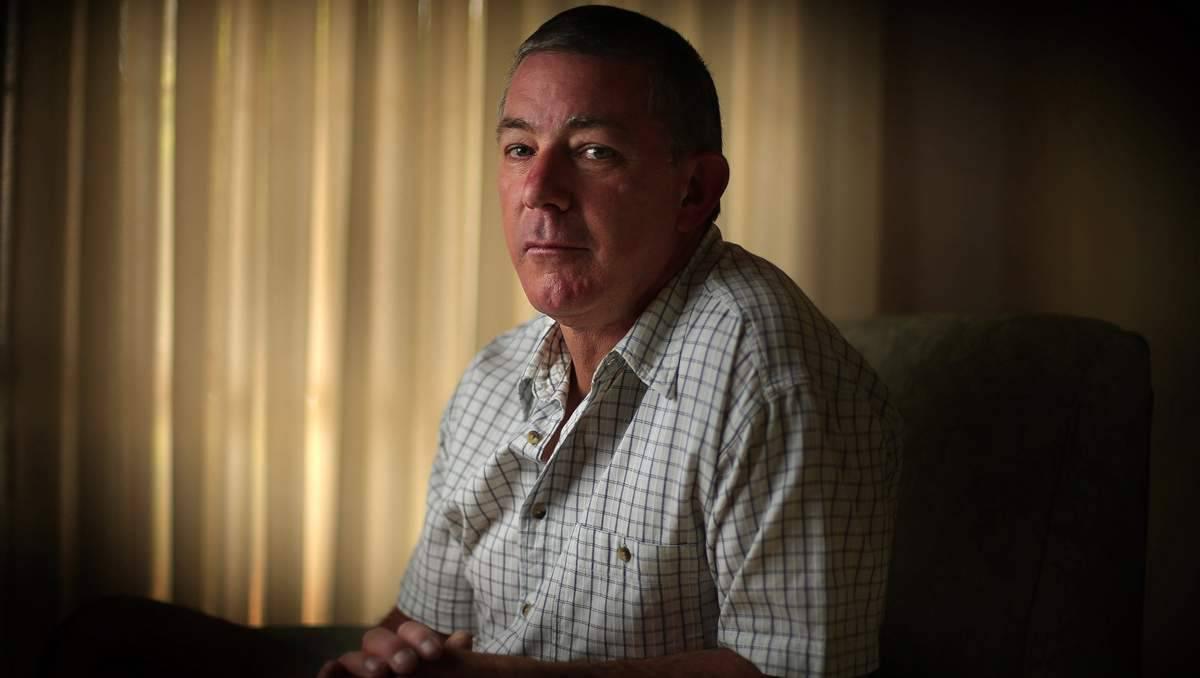Poll: Whistleblower Laws under Scrutiny
By Michelle Harris
DETECTIVE Chief Inspector Peter Fox has questioned the adequacy of whistleblower laws after being told his public allegations of interference with police investigations, which sparked two inquiries into child sex abuse, did not qualify him for protection. Mr Fox said NSW Police representatives told him that his publicly aired concerns – which included allegations members of the Catholic Church in the Hunter had sought to cover up sex abuse and senior police removed him from investigations into such matters – were not protected as public-interest disclosures. That would have assured him, as a public official, of protection from any reprisals for speaking out in the media, a decision that led the state government to announce its Special Commission of Inquiry into clergy abuse in the Hunter and contributed to the federal government soon after announcing a royal commission into child sex abuse. NSW Police moved yesterday – the opening day of the national royal commission – to assure Mr Fox that he would not face disciplinary action and he would be protected. But Mr Fox said that in a letter last week his lawyers were told his disclosures were not protected under whistleblower laws because they were raised with a journalist and not first with a public authority. ‘‘I can’t understand why we have that legislation if we have to jump through so many hoops and tick so many boxes,’’ Inspector Fox said yesterday. ‘‘Either it’s whistleblower legislation or it’s not.’’ Under the laws, public officials are protected when reporting corruption, maladministration and other matters, either within public agencies or to authorities such as the Ombudsman or the Independent Commission Against Corruption. They can also be protected for disclosures to members of parliament or the media provided the matter had been reported within or to a public authority and that authority had decided not to investigate, was still investigating after six months or had not recommended further action. A police spokesman said Mr Fox had made disclosures to ‘‘several agencies’’, including one it received. ‘‘It was assessed and declined on the basis the level of information supplied was not sufficient to meet the requirements of the legislation,’’ the spokesman said. ‘‘The remaining matters were deemed to be public interest disclosures, meaning the officer is afforded protection under the act. ‘‘The officer can be assured that no disciplinary procedures or other detrimental action will be taken against him by the NSW Police Force in reprisal for making those disclosures.’’ Greens MP David Shoebridge said it was inappropriate that police should rely on ‘‘legal technicalities’’. Mr Shoebridge said Mr Fox had previously experienced ‘‘inadequate internal police investigations of similar subject matter’’. In November, Premier Barry O’Farrell told parliament ‘‘in essence’’ what Mr Fox had done was ‘‘make a protected disclosure’’. ‘‘He may have made it publicly through the media but as far as I am concerned it is a protected disclosure,’’ Mr O’Farrell said. Labor leader John Robertson said the government should guarantee Mr Fox was protected. Mr Fox said he was told yesterday authorities were now urgently looking at the matter, but his experience to date would send the wrong message to other potential whistleblowers. ‘‘It’s bloody disappointing, today’s the opening of the royal commission, the focus should be on that,’’ he said. A NSW Ombudsman spokesman said it was overseeing the ‘‘handling of the complaint investigation’’ and had asked NSW Police for a copy of the correspondence. Mr O’Farrell’s office declined to comment.
|
.
Any original material on these pages is copyright © BishopAccountability.org 2004. Reproduce freely with attribution.
